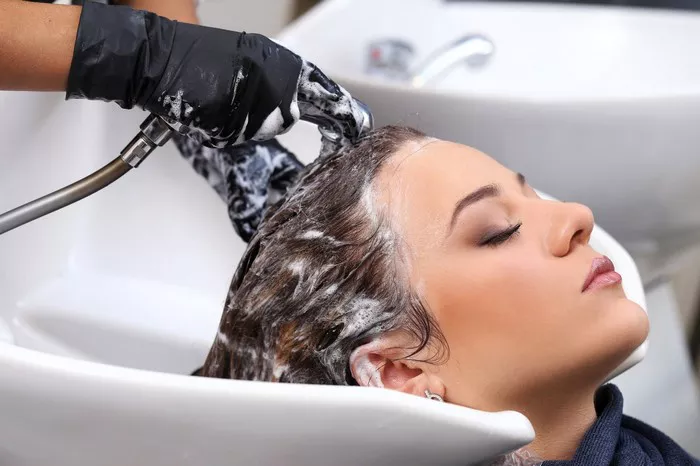Caring for a loved one’s hair at home can be a meaningful and comforting way to provide care. Whether they can leave home for salon visits or need assistance within the confines of their residence, here’s a step-by-step guide to help you:
1. Consider a Salon Outing:
If possible, ask your loved one if they’d like to visit a salon or barber shop for a routine outing. It’s a chance to interact with others and maintain a sense of normalcy.
2. Arrange Professional Help:
If your loved one can’t leave home but can afford it, inquire if a stylist or barber is willing to make house calls. Request basic hair care training if they can’t visit.
3. Choose a Manageable Style:
If professional assistance isn’t available, opt for a simple hairstyle that pleases your loved one and is easy for you to manage. Short hairstyles can be both attractive and low-maintenance.
Explore online resources for inspiration on hair care and styling.
4. Washing Hair at Home:
Aim to wash the person’s hair as often as they prefer or at least twice a week. Use a no-rinse shampoo or dry shampoo when water isn’t suitable.
Gather necessary supplies: towel or salon cape, wet/no-rinse shampoo, conditioner (if needed), a hair-washing tray or inflatable wash basin, towels, wide-tooth and fine-tooth combs, hair dryer, and hairbrush.
5. Home Washing Options:
You can wash your loved one’s hair during their shower if possible. Alternatively, you can use a sink or wash their hair in bed.
6. Washing Hair in a Sink:
If using a sink, place a hair-washing tray over their shoulders.
Drape a towel or cape over them to keep their clothing dry.
Wet the hair with warm water and apply no-tears shampoo. Rinse and condition if necessary.
Dry with a towel, comb, and style with a hair dryer and brush.
7. Washing Hair in Bed:
For bed washing, use an inflatable hair-washing basin to collect water.
Position the basin beneath their head and place a waterproof sheet on the bed.
Wet, shampoo, and rinse the hair, applying conditioner if needed.
Dry the hair with a towel and style using a brush and hair dryer.
8. Be Mindful of Sensitivities:
If your loved one has dementia or sensory sensitivities, be gentle and keep water off their face. Use a no-rinse shampoo or dry shampoo if water discomfort is an issue.
Caring for a loved one’s hair at home is an act of love and support that contributes to their overall well-being and comfort.


